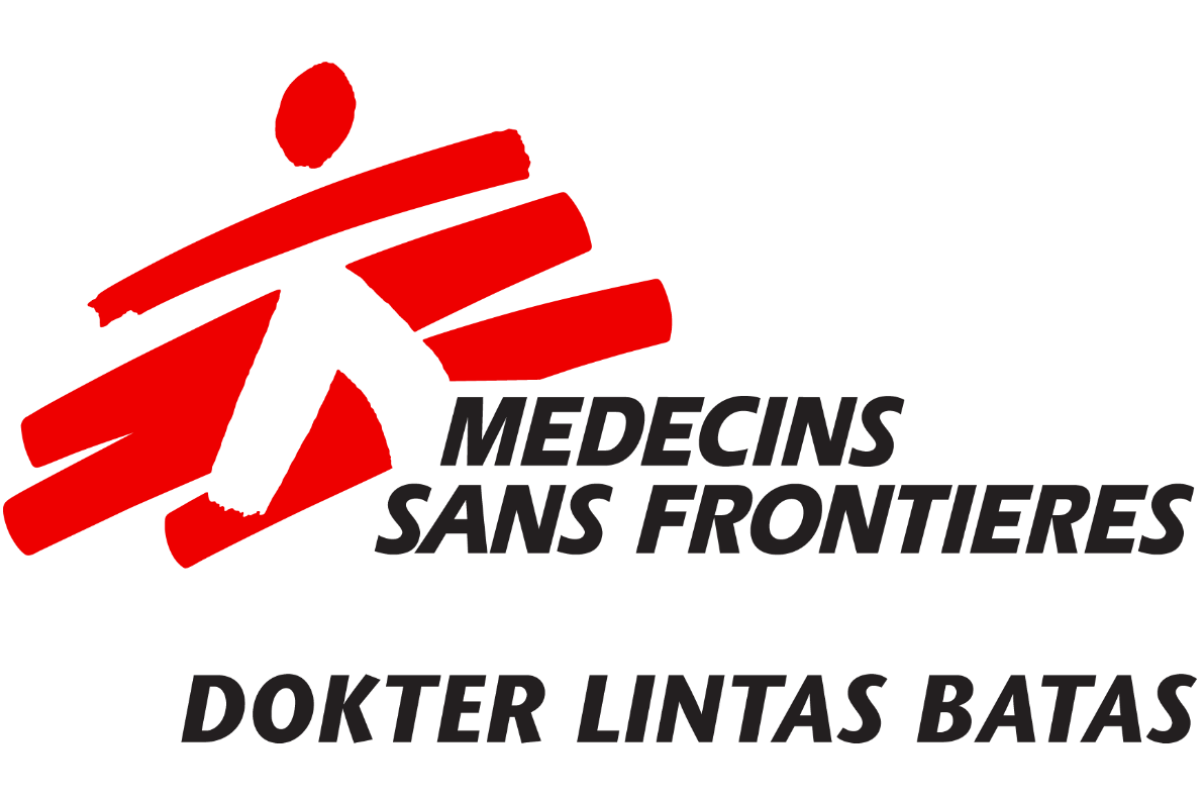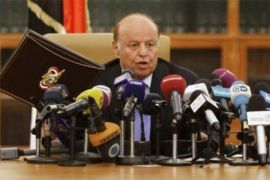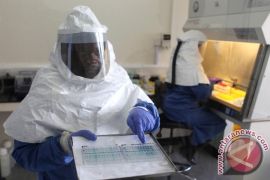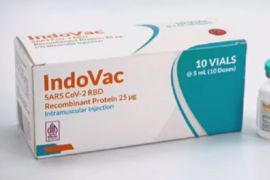MSF called for the remaining funds to instead be used to support the uptake of a more affordable pneumococcal vaccine expected to come into the market shortly, according to a written statement issued by MSF and received here Wednesday.
"Pfizer and GSK have reaped more than their fair share of donor money for the pneumococcal vaccine, on top of the combined nearly $50 billion in sales they have made over the last 10 years from the vaccine, so it is time for Gavi to stop this big pharma payout," said Kate Elder, Senior Vaccines Policy Advisor, MSF Access Campaign.
"Instead of lobbing more money at Pfizer and GSK, Gavi should start supporting countries to prepare for the alternative supplier that promises lower pneumococcal vaccine prices for all countries," she added.
Gavi, the Vaccines Alliance, uses donor funds to pay for vaccines in the poorest countries.
Recognizing the fact that newer vaccines often take more than a decade to reach developing countries after their introduction in high-income countries, in 2007 Gavi and six other donors – Italy, the United Kingdom, Canada, the Russian Federation, Norway, and the Bill & Melinda Gates Foundation – set up a special fund called the Advance Market Commitment (AMC) to speed up the global rollout of the lifesaving pneumococcal vaccine in the poorest countries.
This special fund, the AMC, also aimed to incentivize vaccine manufacturers to produce suitable and affordable versions of the pneumococcal vaccine.
The donors pledged $1.5 billion in a special subsidy fund that is used to top up the base price of the pneumococcal vaccine charged by each company.
Pfizer and GSK charge Gavi roughly $9 for each child to be vaccinated in the poorest countries and then receive a top-up from the subsidy that amounts to each company being paid $21 per child in total.
In middle-income countries that do not qualify for Gavi support, Pfizer and GSK have charged as much as $80 per child (through UNICEF Supply Division) for the vaccinations, with the result that many such countries have not started using the vaccine at all.
Until now, as much as $1.2 billion has already been earned by pharmaceutical corporations Pfizer and GSK through the AMC, with $262 million remaining in the special fund.
As the AMC fund was supposed to encourage new producers to enter the market and help bring prices down, MSF is calling on Gavi to reserve its remaining funds under the AMC for a new pneumococcal vaccine manufacturer offering a more affordable version soon.
The first alternative pneumococcal vaccine from an Indian manufacturer is expected to be available in the next few months and promises to be significantly less expensive than Pfizer and GSK’s products. The Indian company has stated previously that it plans to sell the vaccine at about $6 per child to Gavi and the poorest countries, and for no more than about $11 in middle-income countries.
Having an affordable version from the new manufacturer will offer a better chance of self-financing the pneumococcal vaccine for countries that have not yet introduced it in their programmes and for those that will lose Gavi support in the future. Switching to a more affordable version could also potentially result in savings of up to $1 billion for Gavi in the coming financial period.
"We hope that with the end of the Pfizer/GSK duopoly fast approaching, many more countries that have not been able to protect their children against pneumonia because of the high-priced vaccine will now be able to do so," said Miriam Alia, Vaccination and Outbreak Response Referent of MSF.
"It is unconscionable that almost 20 years after the pneumococcal vaccine first became available, over 55 million children in the world still are not receiving it," she stated.
About a quarter of the world’s countries have not been able to introduce the vaccine to protect their children against pneumonia largely because of the high price charged by Pfizer and GSK.
Pneumonia causes more than a quarter of all deaths in children under the age of five globally – nearly one million young lives lost every year. With the entry of a more affordable product, these countries should be able to start using the vaccine routinely in their vaccination programmes.
"Donors supporting the AMC fund must take urgent steps to halt further subsidies to Pfizer and GSK for a vaccine that they have already been generously rewarded for. It is time now to break the existing Pfizer/GSK duopoly and hold any further public money for a truly new and more affordable vaccine," Elder said. (INE)
Related news: Doctors in Bandarlampung campaign for mental health awareness
Related news: West Papua's Unipa targets 100 doctors graduating in 2025
Related news: Ebola virus has killed 74 in Guinea
Reporter: Yuni Arisandy Sinaga
Editor: Azis Kurmala
Copyright © ANTARA 2019










